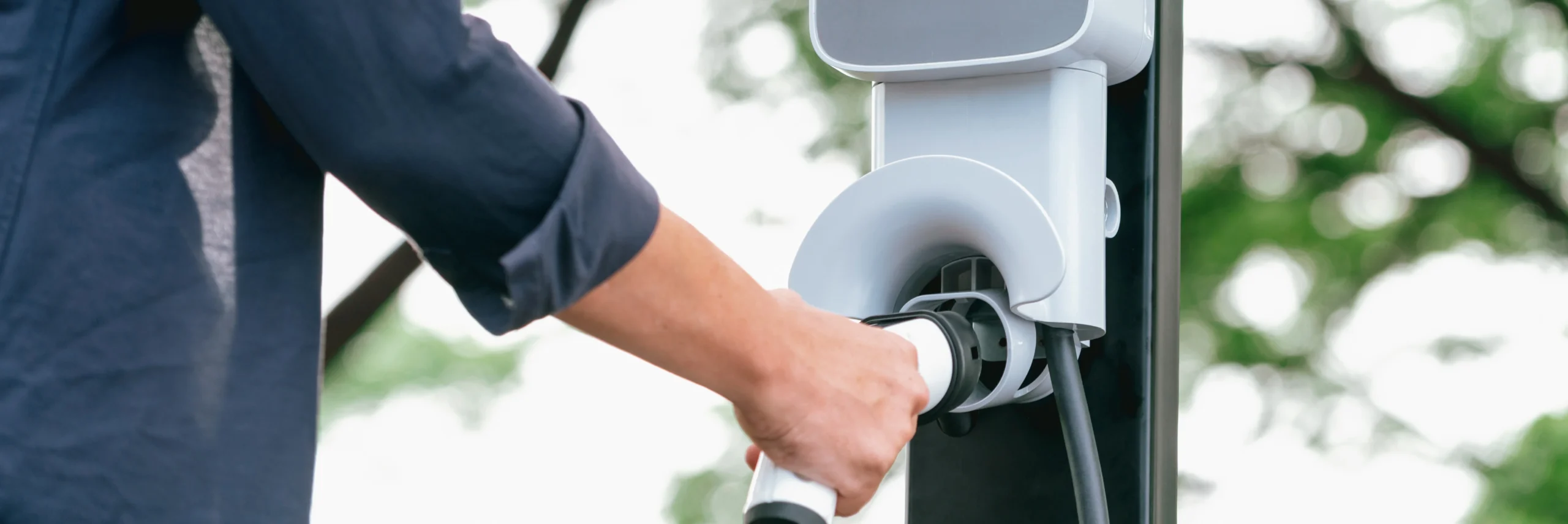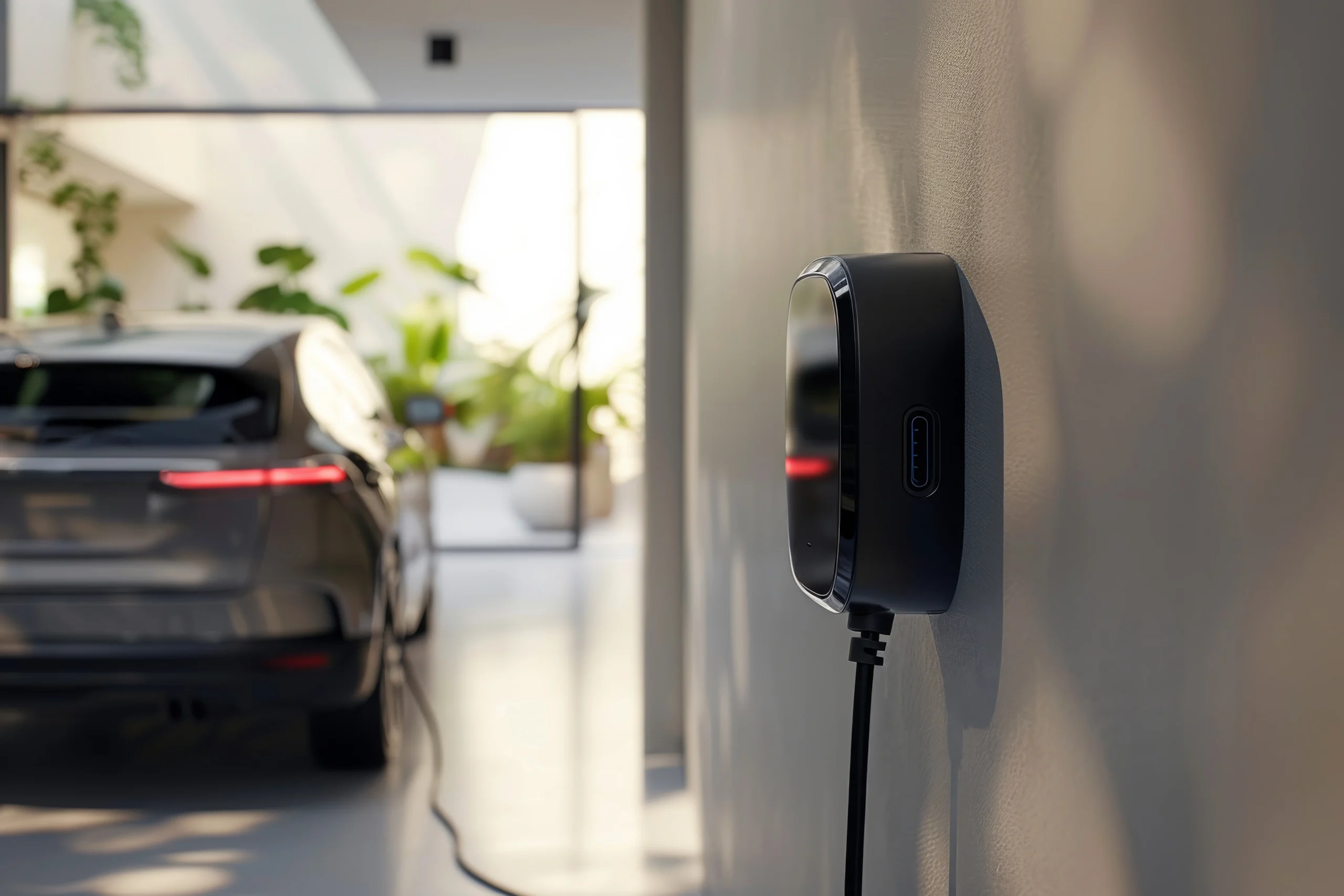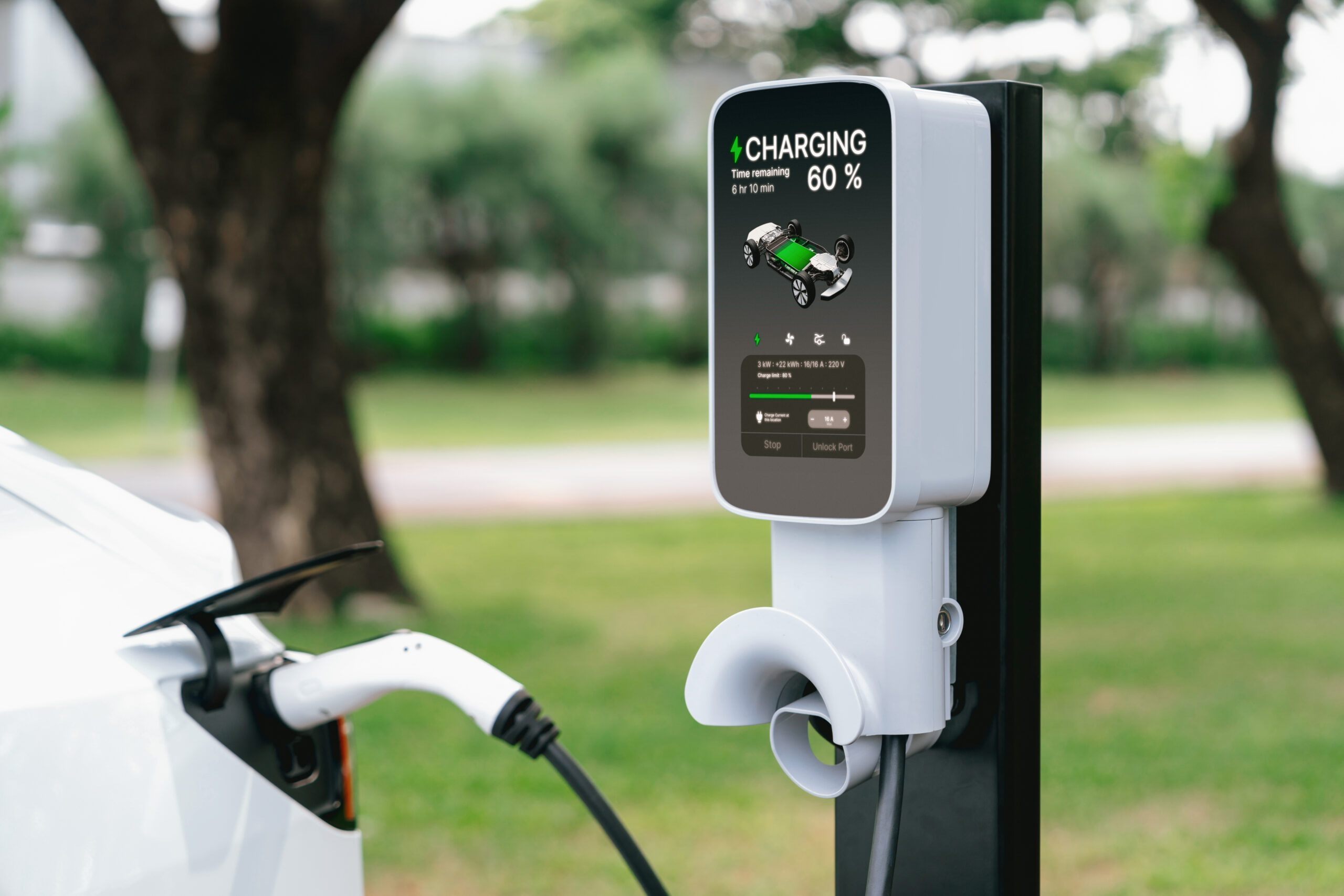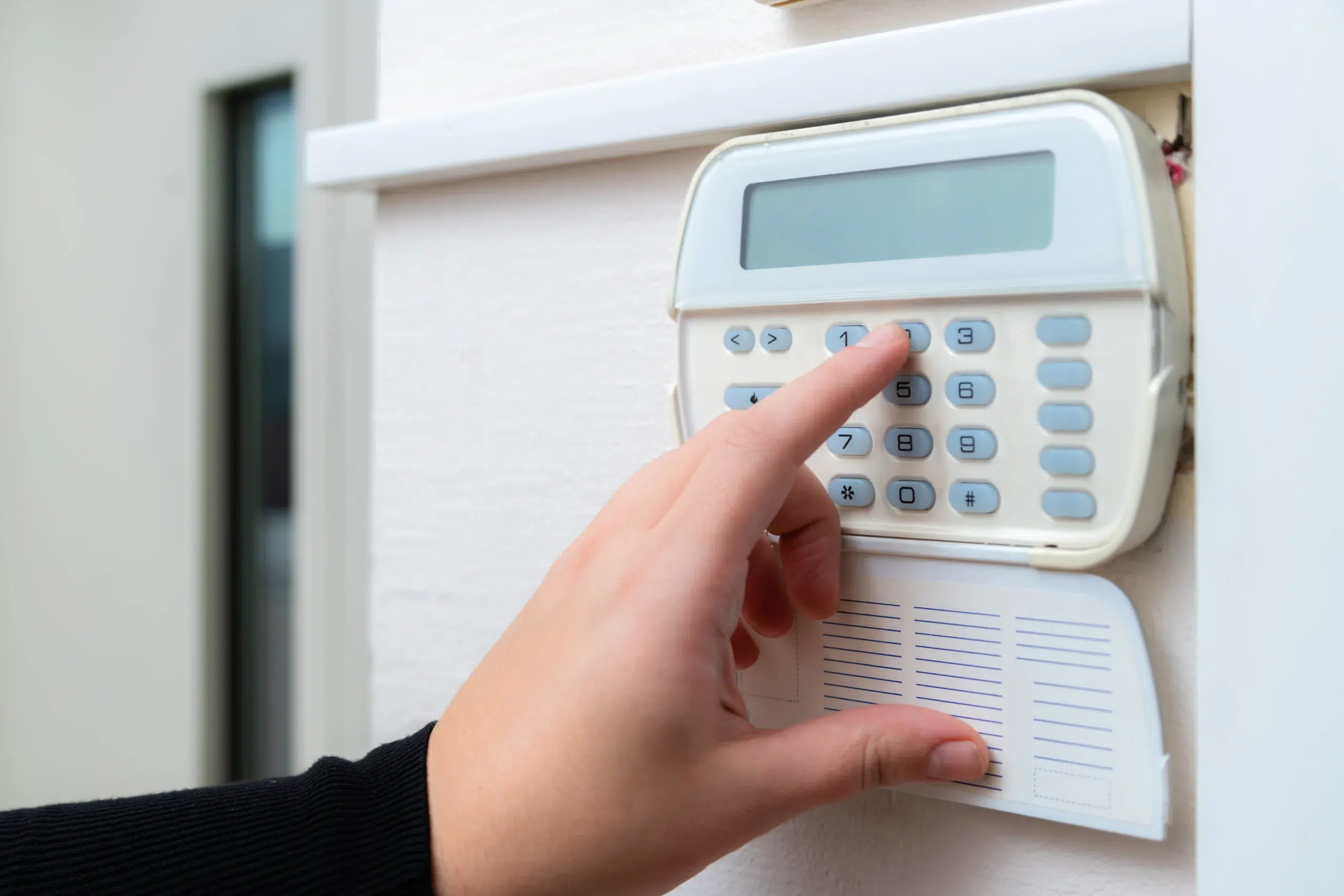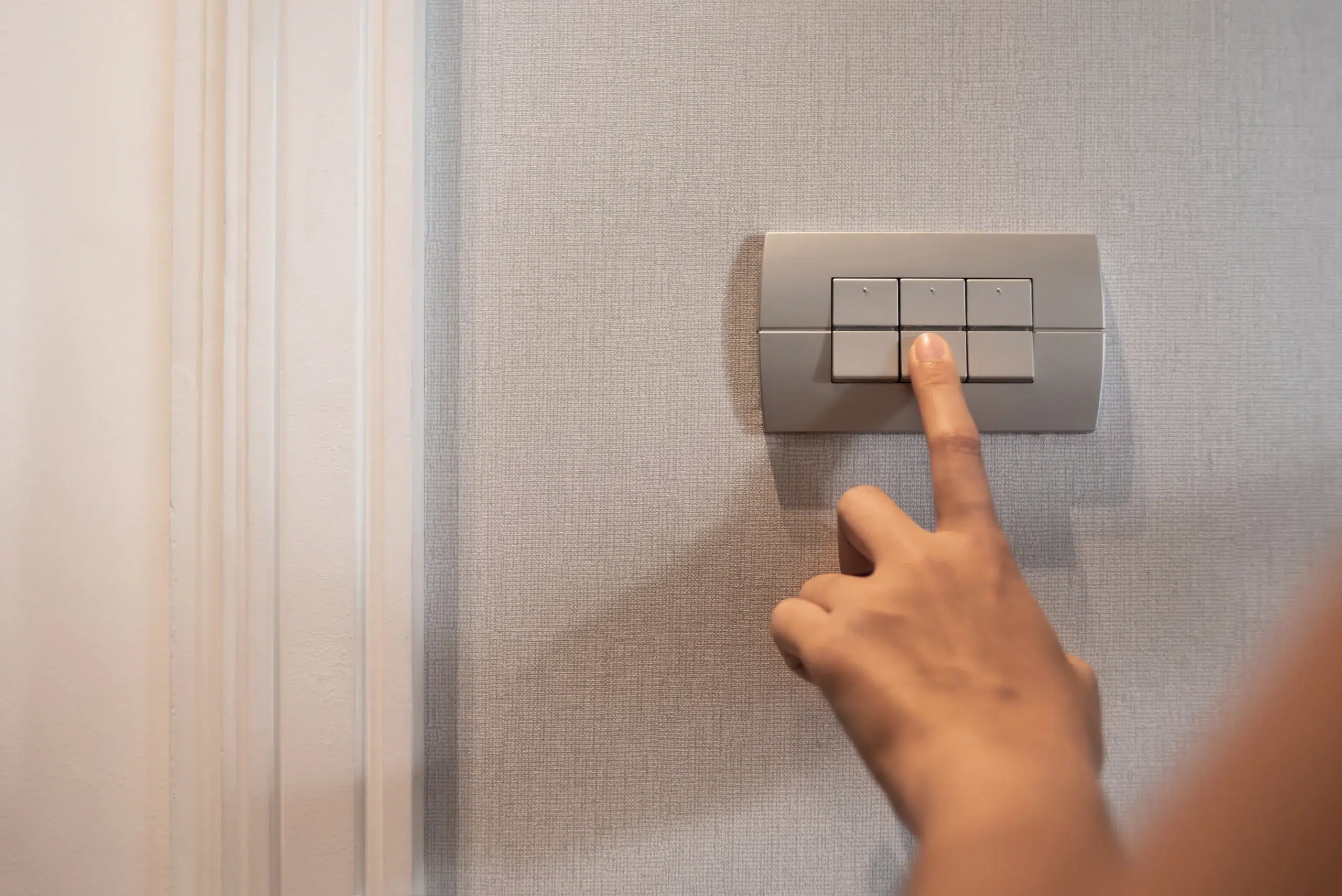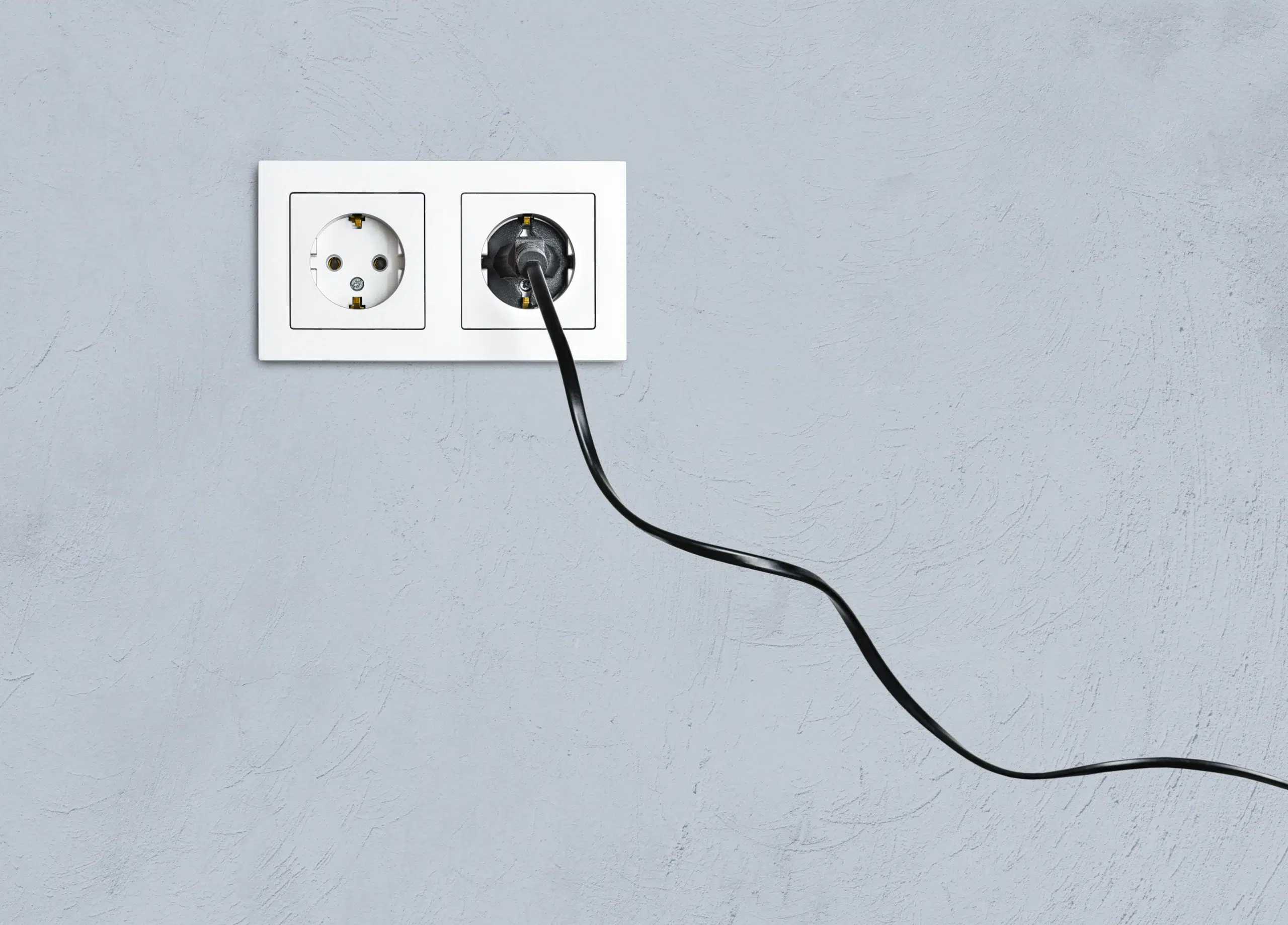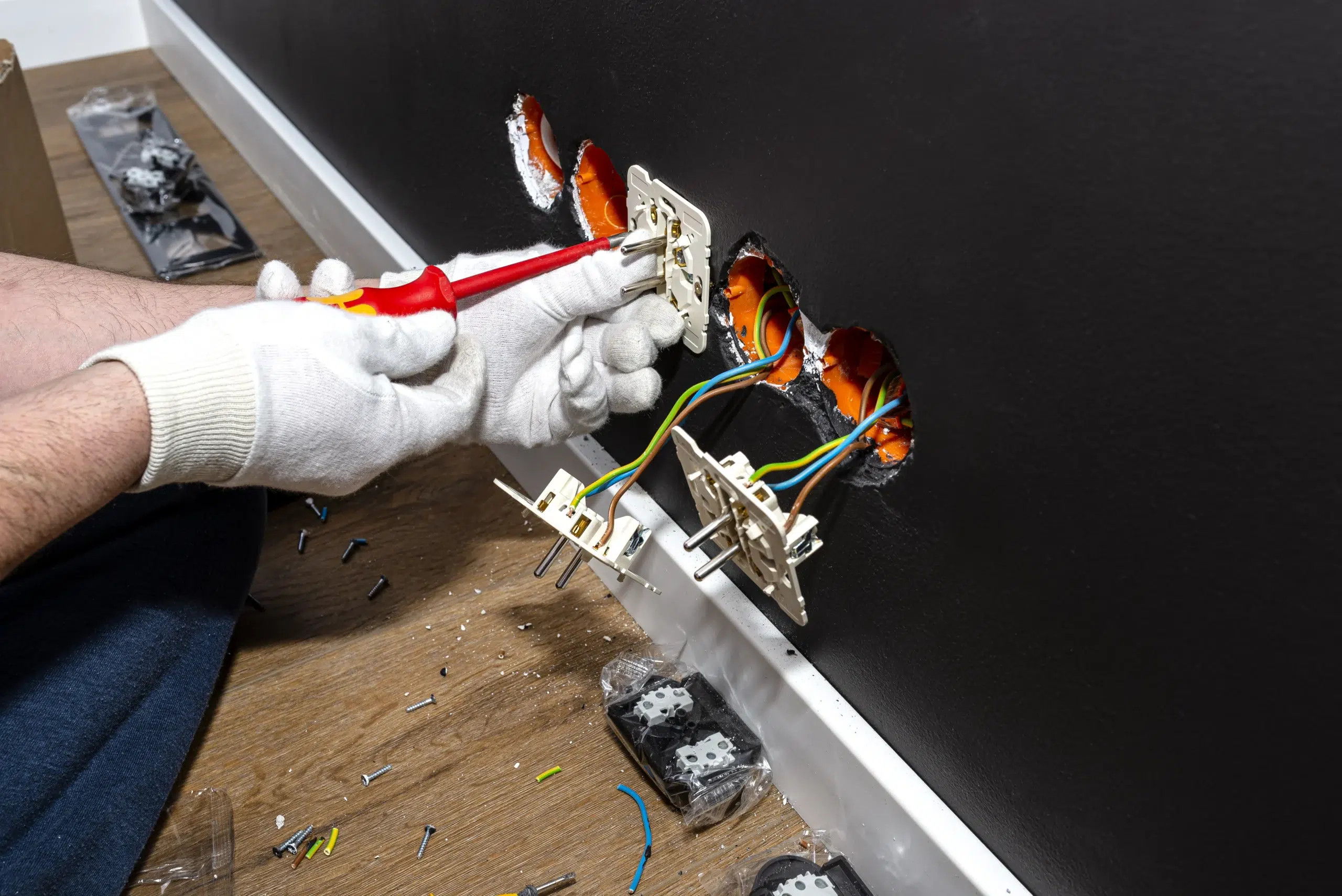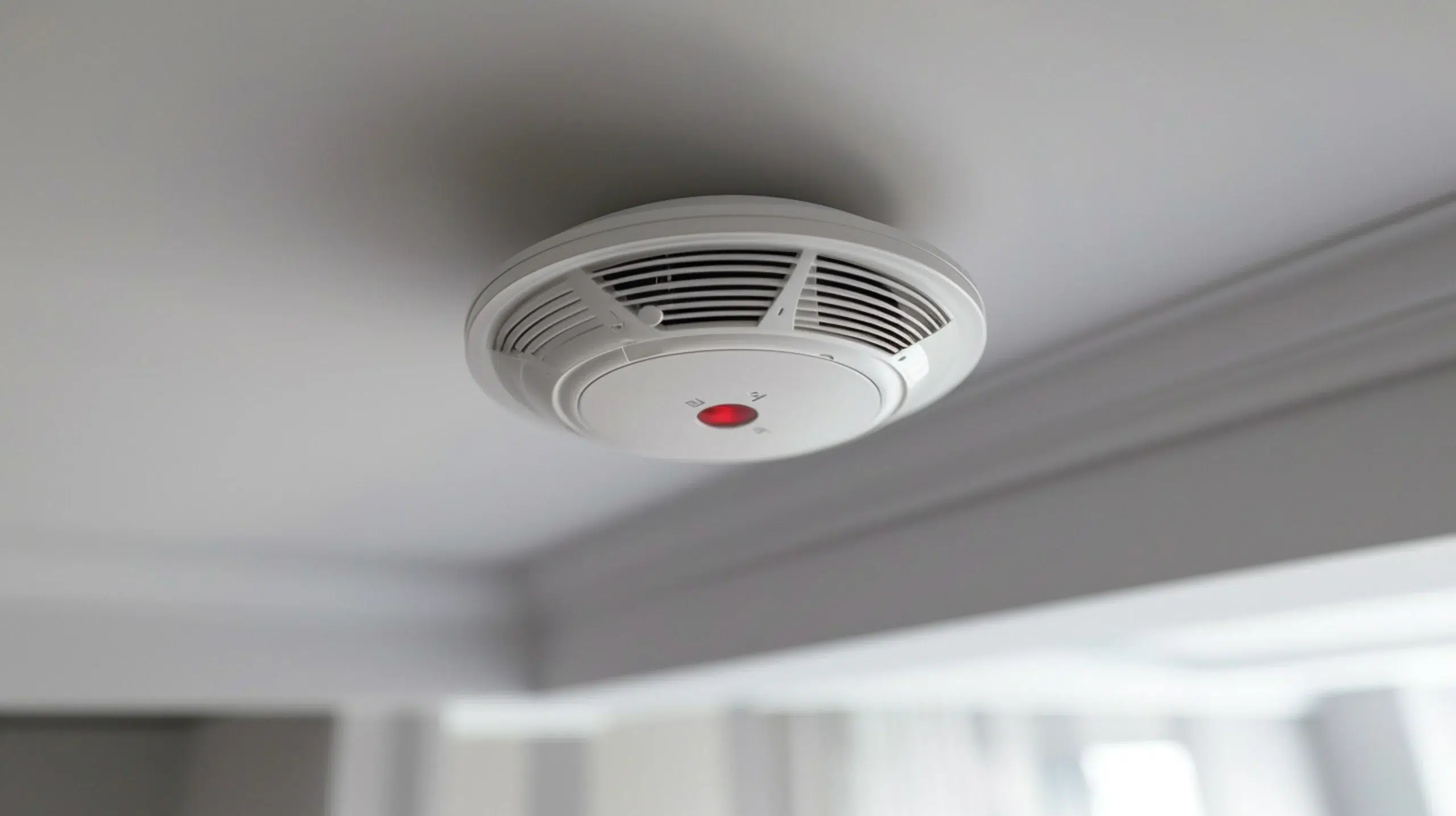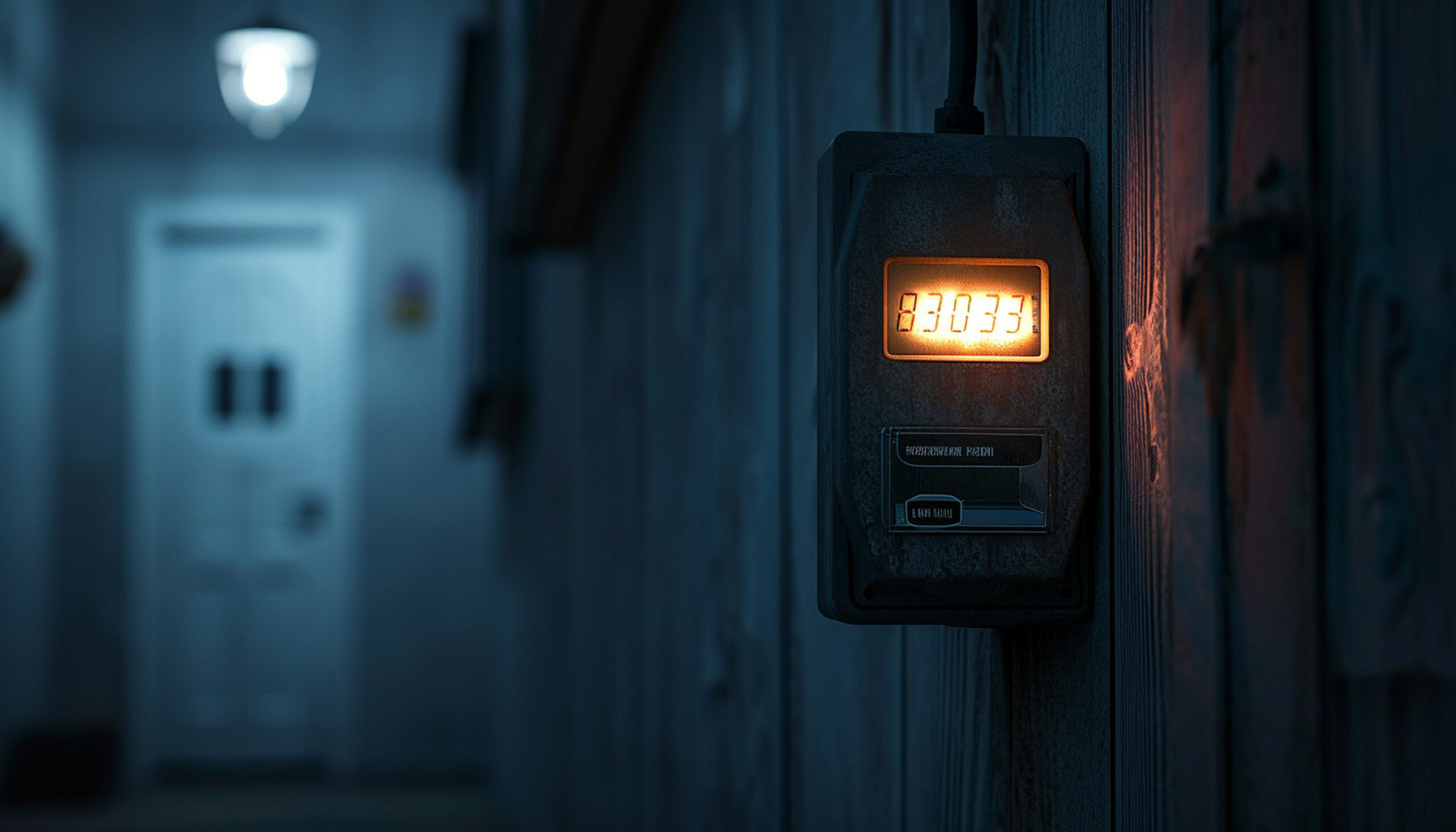A smoke alarm is essential safety equipment designed to detect smoke and alert occupants in the event of a fire. They use different technologies to sense smoke and trigger an alarm when a threat is detected. Smoke alarms come in various types, each with unique features and detection methods. Understanding how they work helps you choose the right system for your home or business, ensuring the best protection against fire.
What is a smoke alarm?
A smoke alarm is a device that detects smoke, usually as a result of fire. It contains a sensor, a siren, and a power source. When the sensor identifies smoke particles, it activates the siren to alert everyone nearby. Smoke alarms are vital components of fire safety systems in both residential and commercial properties. They save lives by giving early warnings, allowing people time to evacuate safely.
Types of smoke alarms
When only one room is affected, it usually indicates an issue in the wiring, appliances, or protective devices that serve that specific circuit. Here are the most common causes:
Ionisation smoke alarms
Ionisation smoke alarms are among the most common. They use a small amount of radioactive material to ionise air in the sensing chamber, creating an electric current between two electrodes. When smoke enters, it disrupts the current, triggering the alarm. These alarms are highly sensitive to fast-burning fires, such as paper or fabric fires, but less effective for smouldering fires. They are affordable, widely available, and suitable for most homes.
Photoelectric smoke alarms
Photoelectric smoke alarms use a light sensor inside the sensing chamber. When smoke particles enter, they scatter the light, causing the sensor to detect the change and trigger the alarm. These alarms are especially effective for detecting smouldering fires, which produce a lot of smoke without visible flames. They are less prone to false alarms from cooking or steam, making them a good choice for kitchens and living areas.
Dual-sensor smoke alarms
Dual-sensor smoke alarms combine ionisation and photoelectric technologies, offering broader fire detection. They respond well to both fast-flaming fires and slow, smouldering ones, providing a higher level of safety. This type of alarm is a reliable option for homes and businesses because it reduces the chance of missing different types of fires.
Smart smoke alarms
Smart smoke alarms are advanced devices that connect to your home Wi-Fi. They can send alerts to your smartphone, even if you’re not home. Many include voice alerts, remote silencing options, and integration with other smart devices. Some models also include carbon monoxide detection. While more expensive, their advanced features make them a worthwhile investment for enhanced fire safety.
Where should you install smoke alarms in your home?
When power cuts out in just one room, it’s natural to want to investigate before calling an electrician. While we always recommend leaving electrical repairs to the professionals, there are a few safe checks you can carry out on your own. These won’t fix the problem if it’s serious, but they can help you figure out whether it’s something simple or a sign of a bigger fault.
In every bedroom
Put a smoke alarm within or close to every sleeping room. This makes sure everyone is warned in the event of smoke or fire, even in their sleep, giving them early notice to easily evacuate.
In hallways and corridors
Mount smoke alarms in a corridor or a hallway adjacent to sleeping areas. These are added areas of protection where smoke can be easily identified early enough before it gets out of control, and all the people know that something is happening.
On every level of the home
me: Smoke alarms must be put on all floors, basements, and attics. This means that smoke will always be detected in case the fire starts at any level, whether it is the upper or the lower level, increasing the safety of all the people.
In the kitchen
There should be a smoke alarm in the vicinity of the kitchen, but not over the cooking appliances. This makes the system safe against counterfeit alarms because of smoke during cooking, but protects in case of a real threat of fire.
Near stairways
Put alarms near stairways, particularly in multi-story houses. These are important locations in terms of fire safety because people can be notified easily and evacuated even if a fire begins on another floor.

Essential maintenance tips to keep your smoke alarms functioning properly
Test your smoke alarms monthly
In order to test that your smoke alarm is working properly, follow the steps and press the test button on each unit once a month. It is through testing that we ensure that the alarm works and the battery is functioning. This is a small step that can assist you in diagnosing the problems before they turn into major problems.
Replace batteries annually
longer life battery does not mean that your smoke alarm does not need to be changed at least once a year. New batteries are the guarantee of proper functioning and will diminish the chance of a malfunction. Put it on your calendar to remind you of a certain date (a date when you begin or end daylight saving).
Clean your smoke alarms regularly
Cobwebs, dust, and debris have the potential to hinder the operational success of your smoke alarm. To prevent it, vacuum the outside of the alarm once a month using a soft brush attachment. This will prevent the sensors on the alarm from being cluttered, and when the smoke is sensed, they can direct them accordingly.
Conclusion
FAQ's
What is the difference between ionisation and photoelectric smoke alarms?
Ionisation alarms detect fast-flaming fires more effectively, while photoelectric alarms are better at picking up smouldering fires. Both have benefits depending on your needs.
Which type of smoke alarm is best for home use?
Dual-sensor alarms are often considered the best choice because they cover both fast-burning and smouldering fires. Photoelectric alarms are also a strong option for most homes.
Are smart smoke alarms worth the investment?
Yes, smart alarms provide extra features like remote alerts, integration with smart home systems, and voice notifications, making them ideal for homeowners who want enhanced protection.
Where should I install smoke alarms in my house?
Install alarms in bedrooms, hallways, kitchens (away from appliances), stairways, and on every floor to ensure maximum coverage and safety.
Do smoke alarms work without power?
Battery-powered smoke alarms work without power. Interconnected alarms that rely on mains power need backup batteries to stay operational during outages.
93 Exley Road Wedderburn NSW 2560 Campbelltown & South West Sydney
Why Installing Your Own EV Charger Could Void Your Car’s Warranty and Insurance
Why Installing Your Own EV Charger Could Void Your Car’s Warranty and Insurance Category: The...
Read MoreThe Hidden Damage Rodent Cause to Electrical Wiring and Insulation
What Does a Pre-Installation EV Charger Inspection Entail? Category: Installing an EV charger at your...
Read MoreThinking of Installing an EV Charger in Your Apartment or Shared Parking Area? Here’s What You Need to Know
Thinking of installing an EV charger in your apartment or shared parking area? Here’s what...
Read MoreIs It Safe to Install an EV Charger Outdoors in Sydney’s Weather Conditions?
How to Choose the Right Gate Intercom for Your Property Category: The increased availability of...
Read MoreHow to Choose the Right Gate Intercom for Your Property
How to Choose the Right Gate Intercom for Your Property Category: Selecting the appropriate gate...
Read MoreThe Light Switch Feels Warm or Smells Burnt — What Should I Do?
The Light Switch Feels Warm or Smells Burnt — What Should I Do? Category: Light...
Read MoreWhy Do I Get a Small Electric Shock from My Appliances?
Why Do I Get a Small Electric Shock from My Appliances? Category: Small electric shocks...
Read MoreElectrical Surges Damaging Your Appliances? Here’s What You Can Do
Electrical Surges Damaging Your Appliances? Here’s What You Can Do Category: An electrical surge refers...
Read MoreWhat are the types of smoke Alarms and How Does It Work?
What are the types of smoke Alarms and How Does It Work? Category: A smoke...
Read MorePower Outage in Just One Room? Here’s What Could Be Causing It
Power Outage in Just One Room? Here’s What Could Be Causing It Category: Experiencing a...
Read More
